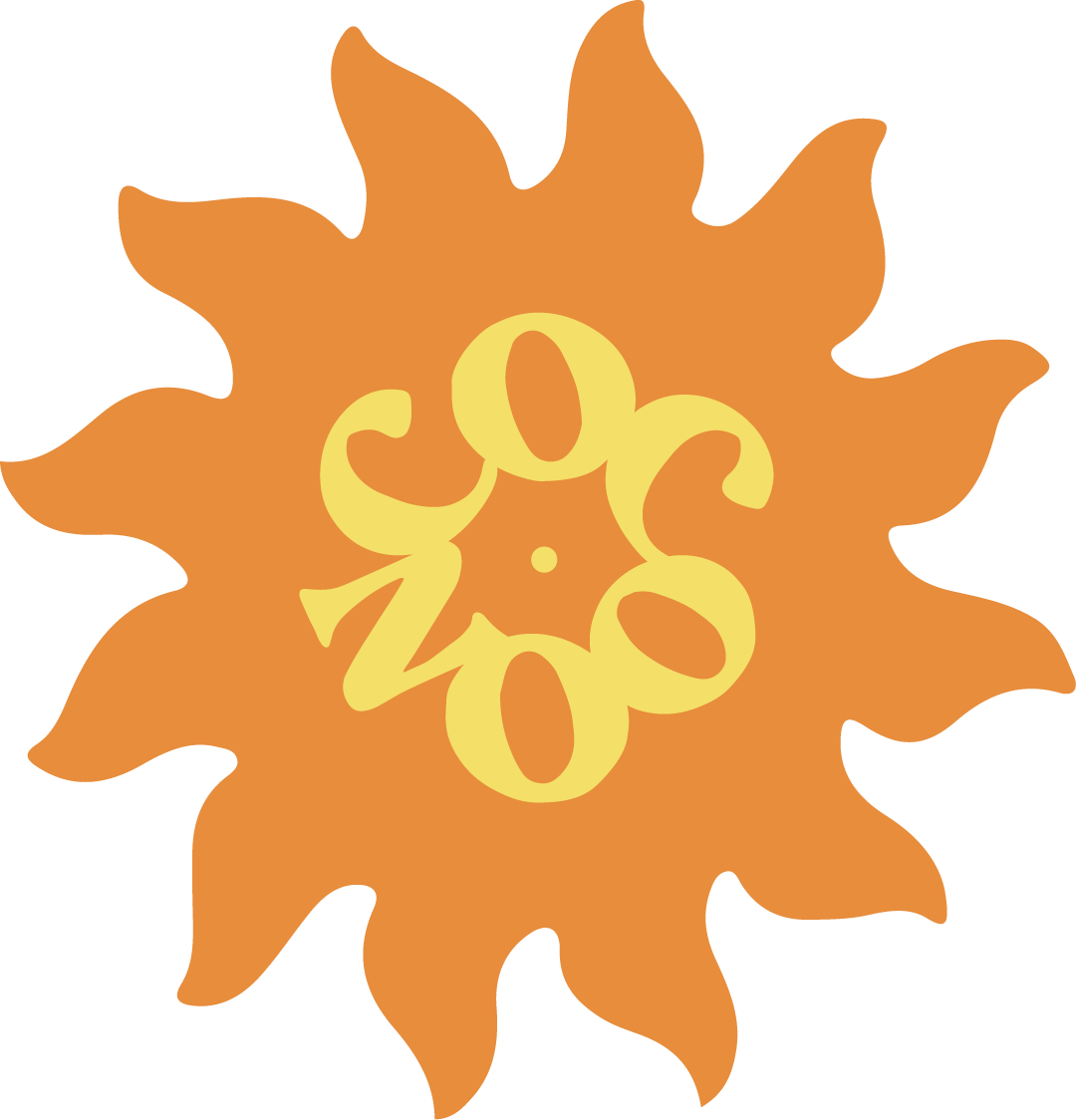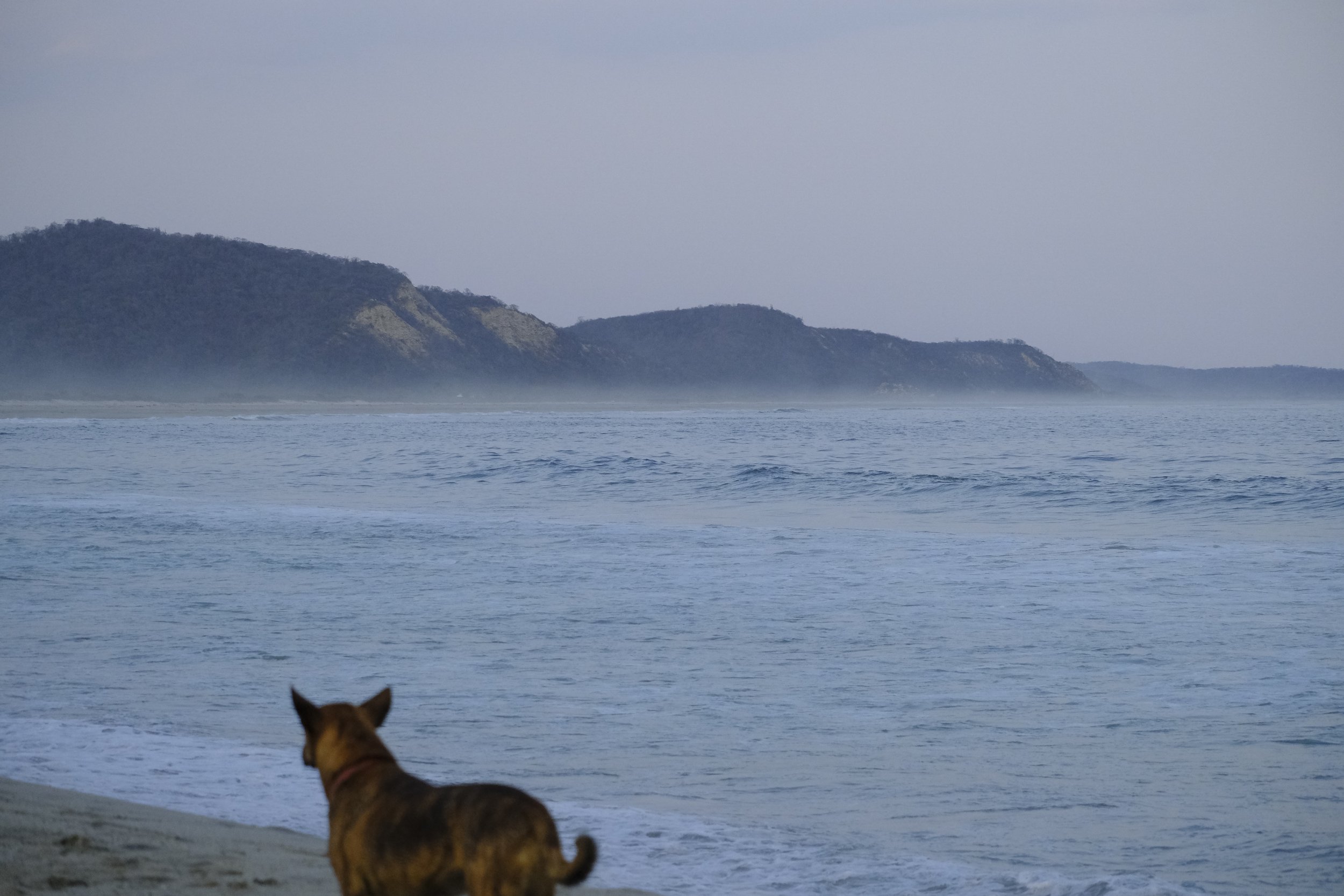4 therapy questions to ask yourself to move on from your family upbringing issues. How your attachment style, insecurities, anxieties and fears were really formed.
This week is about:
The formula to easily figure out the impact your family upbringing had on you, so that you can move on from it.
Disclaimer: This newsletter provides general advice for educational and entertainment purposes only, it is not intended to be professional therapeutic or medical advice. Please speak with a registered mental health professional or book a session here to receive professional support.
Hey - This blog post is from the 33rd edition of my newsletter, ‘Therapy Thursdays’
Therapy Thursdays offers creative, unique perspectives from therapy - involving family therapy and creative therapy to help us navigate 2025.
Click here to sign up and receive free weekly therapy and ask your own anonymous question to be answered with a unique strategy to help you and your mental health.
Hey Friends,
I don’t know who this dog is, I took this in Mexico a few weeks ago and loved it - I hope he’s still running up and down the beach chasing crabs!
Hey Friends,
If you know me, you’ll know that i’m a big believer that our family upbringing has a major, significant impact on who we are, the lives we live and the mental + emotional issues we are experiencing right now.
Not just the big, traumatic events that you might think of effecting someone - but more so I think about the subtle tensions, anxieties, emotional disappointments and conflict styles that swirled around in our households to make us act, think, feel and expect.
I don’t believe our upbringing is the defining factor dooming us to be exactly what our upbringing was, the opposite sometimes actually. A lot of the time, we grow up in certain environments that teach us what we do and do not want to repeat.
The tricky part is, it’s not as easy as knowing what you do and don’t want and then just … doing that.
Through our family upbringings, we wind up with emotional wounds, memories, insecurities, anxieties, fears and beliefs that may hold us back from living out our preferred list of who we want to be and the life we want to live.
My job and passion is to unwind all the stuff holding you back, so that there is nothing left but to go for it.
Let’s explore how.
This week’s qu is…
What impact did my family upbringing have on me?
❤️
❤️
WOAH, okay!
This is maybe the biggest question i’ve ever been asked and there are a million directions we could take, because every single person will have a different answer for how their family impacted them now as an adult (even siblings in the same family!).
So, i’m going to break it down into the biggest things to think about and ask yourself to figure it out, based on what I think about and what i’ve experienced in sessions and read in the last 6+ years as a therapist.
The short answer is — a major one.
For some of us the impact of our family upbringing is helpful, beneficial, inspiring, loving.
For some others, it may be painful, anxiety-provoking, insecurity-giving.
And for most of us, the impact of our upbringings lie somewhere in the grey area of all of the above.
So, here’s what that looks like, so you can find some peace.
The best way to understand why this fear has so much control over you (and why none of the tricks work) is like this.
Deep fears lurking in the back of your mind are there to protect you.
They're in charge of regulating your behaviours, thoughts, and anxiety signals (basically, your regulation issues).
Now, imagine this: your fears and triggers are like an earthquake happening beneath the surface, causing chaos.
Earthquake = your triggers and fears
Waves = your anxiety, emotions
Boats = your relationships, which get shaken up by the earthquake
You trying to calm the waves with your hands = surface-level strategies like pretending, avoiding your fears, or just telling yourself positive things.
It’s all about trying to control the chaos, but sometimes the deeper issues need more than surface-level fixes.
It’s fine, but it’s not enough.
This is deep stuff.
You get me?
You know how annoying people always say you need to love yourself first?
Here’s what they really mean + how to do it.
You are the best person to answer this for yourself, so i’ll give you some guiding questions to prompt you to figure out the unique impact your childhood had on you.
Then, you’ll have a bunch of answers written down and i’ll tell you what we’re going to do with them and why it all matters.
📖 Grab a pen and paper, let’s go!
1. Who is in your family?
Draw a family tree on a page (doesn’t need to be fancy, some names will do).
Tune into how you feel when you think about each person - write down how they made/make you feel, what issues you had/have with them and potentially some ideas you may have about why it is this way.
Eg. Dad - Close but argue a lot, we are very similar but he lacks self awareness (generational issues here).
Mum - Absent emotionally, feel judged by her (she didn’t receive warm love in her upbringing).
No right/wrong here if that feels really intimidating, just write anything that comes to mind down on the page.
2. Draw a timeline of your family.
Go back as far as you want - can start before you were born if there are big events that you know about (immigration, other marriages, trauma).
Include the rollercoaster ups and downs as a family, highlighting how you felt/feel about each one.
3. Insecurities and fears.
What are your biggest ones in life?
Does this link to anyone your wrote down? Did you take on their insecurities + fears?
Were they given to you?
Doesn’t always, sometimes they’re new and created outside our fam. But being able to link them to family can help.
4. Emotional capacity and availability.
Who did or did not have emotional capacity?
What are the big beliefs and messages about emotions in your family? Are they allowed to be expressed? Are they TOO much (explosive, too brutally honest, adults put their emotions onto their kids)?
What role does anger, passive aggressiveness, avoiding emotions have in your family?
How does this impact your view of emotions, relationships, and yourself?
How does this play out in your life in your other relationships outside your family?
With all of these answers, you have a nice map of how your family impacted you.
Here are some extra therapy concepts from research and my observations for you to use in your pondering. I find that these 3 really help me understand the practical implications of what has happened in our families, rather than just the theory of it… ya know?
Repressed emotionality from our family can lead to either our own repressed emotions (modelling), shame and guilt for feeling things like anger, high levels of self criticism and judgment.
The key here (unsurprisingly) is to look into your own negative self talk and how much you allow yourself to feel and express feelings.High levels of projection, intergenerational trauma and stressful events in the timeline can lead to heightened anxiety levels for us.
We have it double whammy - Biologically it’s wired in us to worry (thanks parents), and we have also become threat-detecters because of our environment growing up - making us on edge, worrisome, suspicious and trying to predict the future.Attachment and expectations of relationships.
How were you taught to love? What are your expectations for relationships?
Where does conflict, distance, closeness trigger you in your family and other relationships?
👀 K, i’ve deep dived into my families baggage - what do I do with all of this information?
Well..
Looking at all of the stuff you thought about and wrote down..
Are you happy with these impacts?
I’m hoping it’s not 100% negative, our families do sometimes have light AND dark - so there may be some things you want to keep and you are happy with.
But for the things you are like “ehh, this doesn’t feel like me”, “nah I don’t want to be like this”, “nope I don’t want my life to pan out like this or to feel this way any more”..
Having these specific connections between where you are now (and the struggles you have now) and how they came to be (family upbringing) IS really great to help you learn about yourself (self knowledge is power) and it’s also excellent to form..
space.
perspective.
a zoomed out view.
Why?
Well it’s a hell of a lot easier to move forward, know what you need to do, detach your identity and insecurities from when you know that it was never about you.
And now you have power to choose differently.
To give yourself the life you’ve always deserved.
All of our families have wounds and bumps and quirks that make us smile, cringe or wince in pain.
Moving forward begins with knowledge. Knowledge of the why’s, how’s and who’s.
To make sense and meaning, so that you can begin to write your own story of your own life - the way you want it to be.
Sending you lots of luck + love,
Ellie
Thanks so much for reading.
💡
If you want to keep the ball rolling..
Here are 4 options to keep your growth going!
1. Let’s go deeper in a 1-1 therapy session to customise therapy for you.
Every single persons family upbringing is so specific and unique.
I love talking about our families and even more, I love helping people create their own lives outside of their family and the impact it has had on them.
I’m here for you when you’re ready.
Book a 1-1 session here.
2. Have you got your own question or issue you want help with?
💌Submit it anonymously for next weeks newsletter!
3. Extra reading/listening…
Caroline Kell on surviving intergenerational trauma - Inherited
I recently listened to this podcast episode with Caroline Kell, a Barbarum woman and founder of Blak Wattle Coaching and Consulting - and I loved it.
Caroline has an amazing story and opens up about her experiences of healing following intergenerational trauma.
Warning: This episode does speak about childhood sexual abuse, be mindful if this content is a trigger for you.
Need more support?
Check out my offerings below to get you to the life you have always deserved 💌
Have you got a bursting qu or issue you want some help with?
I’d love to help.
💌Submit it for next weeks newsletter!💌
Let’s go deeper in a 1-1 therapy session to customise therapy for you.
I’m here for you if you need.
Book a 1-1 session here.
I see clients for online counselling Australia-wide for issues with family and relationship trauma, anxiety, depression and life direction issues.
* I am able to see clients outside in Australia in select countries, get in touch to clarify.
I am a specialist in adolescent therapy, after specialising in both my degrees, clinical placements and further training in adolescent, youth and family therapy. I run Professional Development trainings and workshops for fellow therapists working with teen counselling.


